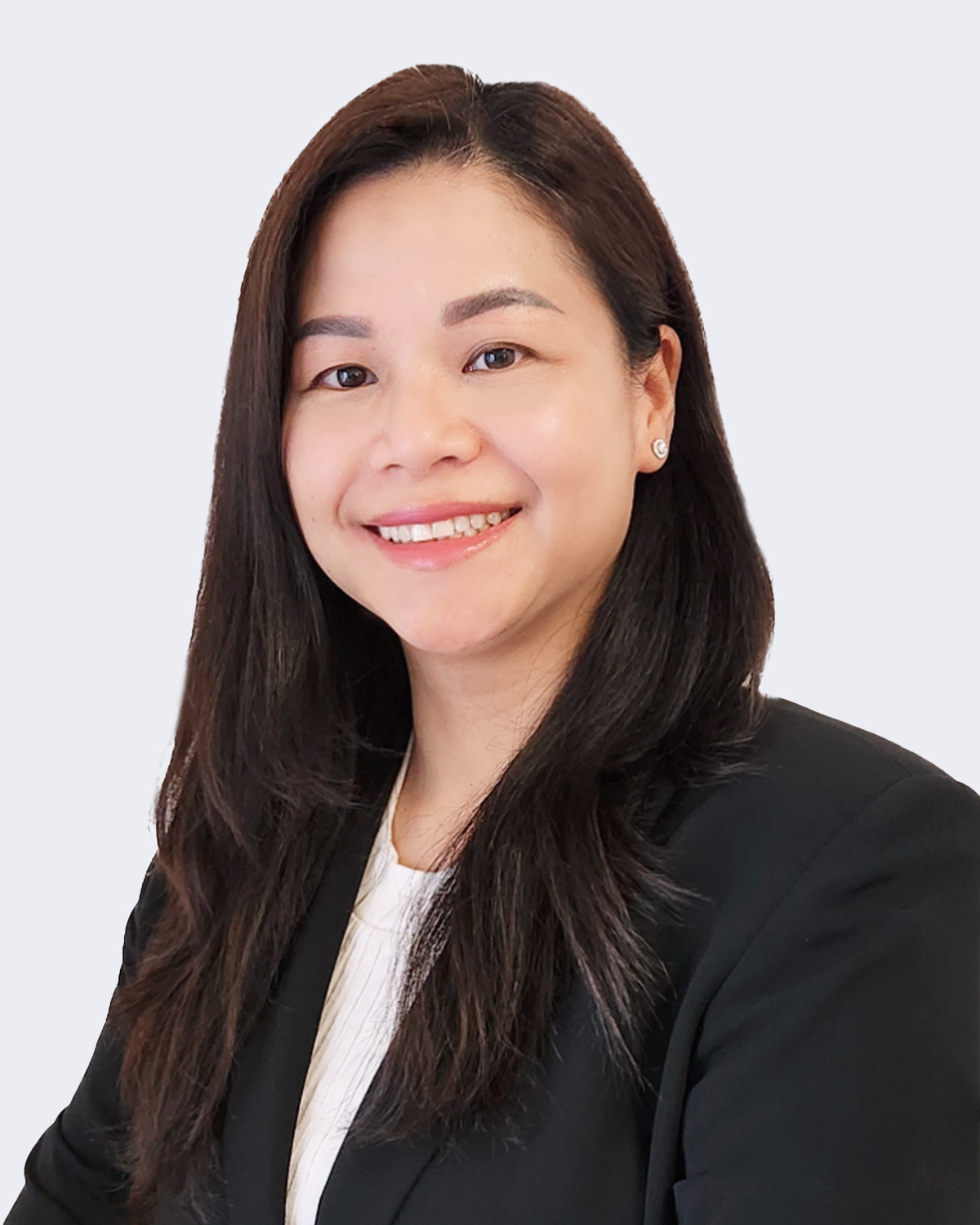Southeast Asia’s remarkable growth as a destination for foreign investment—including a 42 percent increase in 2021, according to a joint ASEAN-UNCTAD report—has brought with it innovation as well as the desire to protect that innovation. Investors are increasingly seeking to patent the proprietary technology that is a crucial component of so many businesses today, and a burning question for patent applicants is whether artificial intelligence (AI) technology and software are patentable in Southeast Asia. The short answer is that it depends, as the patent laws in Southeast Asia are not uniform.
Is it Patentable?
While AI tools tend to be newer, the older and more familiar question is whether computer software is patentable, and many jurisdictions do have specific rules on this issue. Pure software, or software characterized only by source code, may not be patentable, but it can be protected under copyright laws.
AI-related software may involve complex algorithms, datasets, and training methodologies that can be challenging to disclose in a manner that satisfies the enablement requirement in practice. Algorithms, mathematical methods, and abstract ideas are often considered non-patentable subject matter in many jurisdictions. While software implementing AI may involve innovative algorithms, securing patents for algorithms alone can be challenging in some jurisdictions.
Also, the patent laws of Indonesia, Myanmar, Thailand, and Vietnam specifically list computer programs as unpatentable subject matter. However, a possible workaround would be to describe the software as connected to a tangible medium. This method could overcome an unpatentable subject matter rejection during substantive examination. Furthermore, in Indonesia, a computer program can be patentable if its characteristics (i.e., instructions) have a technical effect and function to solve a tangible or intangible problem.
The most liberal of Southeast Asia’s patent regimes—Singapore’s—even addresses AI innovations. The country has a special fast-track scheme for examining AI patent applications called Accelerated Initiative for Artificial Intelligence. Under this scheme, a patent application can be granted six months from the filing date.
Patent Drafting
Drafters of patent applications in Southeast Asia need to be aware of the patentability requirements specific to AI technology and software inventions in each Southeast Asian country. When drafting AI technology and software patent applications, one option for the drafter to keep in mind is that the description should mention the connection between the software and the tangible medium. If the software can be linked to a tangible medium, the invention could be patentable.
Even if the claims of the patent application in other regions (such as the United States) do not have to show a connection with a tangible medium, when the application enters Southeast Asia, the claims can be amended to include this connection without expanding the scope of the application if the information already exists in the description.
This means that AI technology and software could be patentable as a part of a wider patentable invention.
Prosecution Strategy
In looking to patent AI innovations—or any other tools—applicants should explore possibilities for speeding up the prosecution process. For instance, ASEAN member countries have agreed to accept one another’s examination results in a scheme called the ASEAN Patent Examination Cooperation, and many Southeast Asian countries have an agreement to accept patent examination results from another country, through arrangements referred to as “patent prosecution highways” (PPHs). Cambodia has a special agreement to validate European patents without further examination. Indonesia, Thailand, and Vietnam have a PPH with Japan. Under this PPH, patent applicants can use the examination result of a corresponding patent application in Japan that has already been granted to speed up the examination process in Indonesia, Thailand, or Vietnam. Although the examiner in the other country will still examine the application to make sure it does not violate that country’s patent laws, the examination result from Japan should help speed up the examination process.
Outlook
Patenting AI technology and software in Southeast Asia requires a nuanced approach that takes into account both existing laws and procedures, as well as new considerations that arise with the advent of cutting-edge technology. As businesses continue to innovate and create proprietary technology, it is critical to develop a comprehensive strategy for protecting these valuable assets through patents. By staying up to date with the latest developments in the field and working closely with experienced legal professionals, businesses in Southeast Asia can navigate the complex patenting process and secure the protection they need in order to maintain a competitive edge in the rapidly evolving global marketplace.





